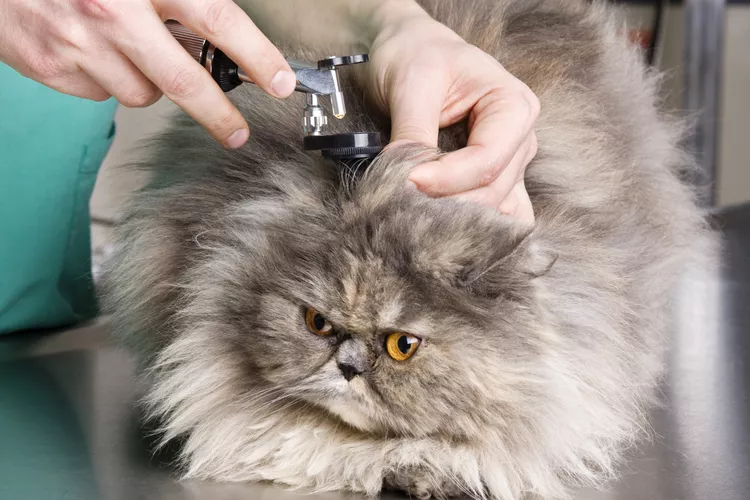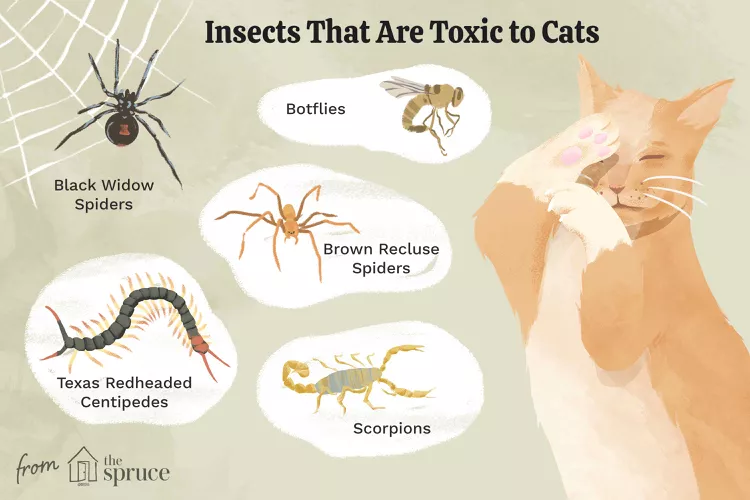
It's no secret: some dogs love to howl at sirens. Why do some dogs feel compelled to vocalize when an ambulance drives by wailing their sirens? Why are other dogs unbothered by the sound of sirens? What can you do if your dog insists on howling at every siren sound they hear?
As with most dog behaviors, the true reason behind howling at sirens isn't known, but most experts believe that there are two strong possible reasons for it.
The most commonly held belief is that howling at sirens is a holdover from your dog's ancestors. Wolves communicate to one another through different kinds of noises and vocalizations, but howling is one that they are most known for. Some of these howls we can hear, but keep in mind, wolves and dogs have a much sharper sense of hearing than our own. Your dog can hear (and create) sounds at frequencies that we can't. So when your dog hears a siren in the distance, they may think it's another dog trying to communicate with them. When your dog howls in response to the siren, they may simply be trying to say, 'Hey! I hear you and I'm over here!'
Another common belief as to why dogs may howl at sirens harkens back to some dogs being utilized as a protector or watchdog for a family. Your dog may hear a siren in the distance and not know what it is. This new sound may be harmless, but it may also be a threat and, as they say, it's better to be safe than sorry. So, being the faithful and loyal companions that they are, your dog may howl at a siren as a way to warn you and other members of your family that there is a potential danger nearby. This may also explain why a dog may howl at sirens more the second time they hear. This is because, as the emergency vehicle drives further away, your dog may think their howling scared it away, thus reinforcing the behavior.
For some people, the high pitched squealing of a siren can be an annoyance to our own ears. This may lead you to believe that your dog may howl at sirens because the sound bothers them or may even cause them pain. However, most experts don't believe this is the case. Dog body language relies on more than just one behavior and a dog in distress will exhibit multiple 'classic' behaviors and body language cues. If your dog is howling at a siren but not exhibiting any other signs of stress, such as cowering, hiding, or lip licking, your dog is probably howling for one of the aforementioned reasons and not because they're distressed by the noise.
Most experts believe that dog breeds that are more closely related to wolves may be more likely to howl at sirens than other breeds. This includes various Spitz breeds, such as Huskies, Malamutes, and American Eskimos. Another group of dogs that may be more likely to howl at sirens are hound dogs that hunt in packs and/or utilize baying and vocalization in their hunting. This can include breeds such as beagles, foxhounds, and coonhounds.
Obviously, all dogs are individuals. Not all breeds are the same and not all dogs of a specific breed are the same either. So you may have a chihuahua that readily howls at sirens or you may have a beagle that is just uninterested in the noise of a siren.
There can be different reasons why your dog howling at a siren may be undesirable. Maybe you live in an apartment complex, or maybe you just don't appreciate the added noise when an emergency vehicle drives by. There are some things you can do to help break your dog of their howling habit. One thing is to teach your dog 'quiet' or even 'thank you'. Pair your dog sitting quietly and calmly in response to either of these cues with a reward. When your dog knows what these cues mean and can reliably respond to either with being quiet and calm, you can use them to get them to stop howling at a passing siren. It's important to remember to reward your dog when they show the desired behavior of being quiet rather than scolding them for howling at sirens. Some dogs may be more resilient than others, but others may learn to associate the sound of a siren with being scolded, which may lead to noise phobia or fear and anxiety when they hear a siren or anything that remotely sounds like a siren.
Training your dog to not howl at sirens may take a little longer than training them other cues. It is an instinctive behavior, after all. If you're having trouble, talk to your veterinarian. They can suggest local dog trainers that can help.

Tetanus in Dogs
Tetanus is an infection caused by bacteria found in soil. It can cause severe symptoms in dogs and even lead to death if not treated promptly.
8 Common Dog Paw Problems
It is important to check your dog’s paws regularly for any issues and take steps to keep them healthy and protected.
Common Injuries in Dogs and How to Treat Them
Learn about the most common injuries in dogs—whether in their legs, spine, tail, or eye—and how you should treat them with this helpful list.
Can Cats Eat Strawberries? How to Safely Share This Summer Berry
Although cats are primarily meat eaters, strawberries may be an interesting and tasty snack for your feline friend. Find out the risks of feeding strawberries to cats and how to safely let your cat enjoy this fruit.
Is Shrimp Bad For Dogs?
Shrimp can be a healthy, nutritional food for people but can dogs eat them, too? What are the main concerns with feeding shrimp to your dog?
Dog Food Basics
Are you feeding your dog the best way possible? Check out these dog feeding tips to keep your dog healthy and happy.
Rhodesian Ridgeback: Dog Breed Characteristics & Care
The Rhodesian ridgeback is a large hunting dog with a high prey drive. Learn about the breed's history, exercise needs, and more.
Berger Picard: Dog Breed Characteristics & Care
The Berger Picard is a French herding dog with a friendly smile and shaggy beard. Learn about its history, health, exercise needs, and more.
Spanish Water Dog: Breed Characteristics & Care
In the hands of an expert owner, the Spanish water dog shines as an active and faithful companion. Learn about its history, training, and more.
Cat Bunting Behavior: What Does It Mean?
Cats rub their heads against prominent objects to leave scent markings as a part of scent communication.
How to Train Your Cat to Stop Urine Marking
Most male (and some female) house cats will mark territory at some point. Learn the causes or cat urine marking and how to prevent this annoying behavior.
7 Reasons Why Cats Love Bathrooms
Why do cats follow you to the bathroom? Many cats—strangely enough—love the bathroom! Find out why cats seem to love bathrooms so much.
Leptospirosis in Cats
Leptospirosis is rare but potentially fatal in cats. Learn the causes, treatment, and prevention.
Ear Infections in Cats
An ear infection must be treated based on the source of irritation, which may be internal or external. Learn the causes, treatment, and prevention.
Insects That Are Toxic to Cats
Can cats eat bugs? Some bugs can cause injury or illness to your cat, while others are relatively harmless.
Testing for Contagious Feline AIDS (FIV)
Cats should be tested for the contagious feline immunodeficiency virus or FIV. Cats that are positive for the virus usually live normal lives.
Why Does My Dog Pee on My Bed?
Is your dog peeing on your bed? Find out why your dog is having urinary accidents on the bed and learn what to do about it—plus how to stop the habit.
Why Almost Any Dog Can Do Agility Training
Why Almost Any Dog Can Do Agility Training
How to Train Your Dog to Shake Paws
Shaking paws is a fun dog trick that most dogs pick up rather quickly Learn how to train your dog to shake in just a few simple steps.
14 Asian Cat Breeds And Their Rich Hiss-tories
Find out more about the cat breeds that originated from Asia. Some breeds include the Persian, Oriental shorthair, and Japanese bobtail.